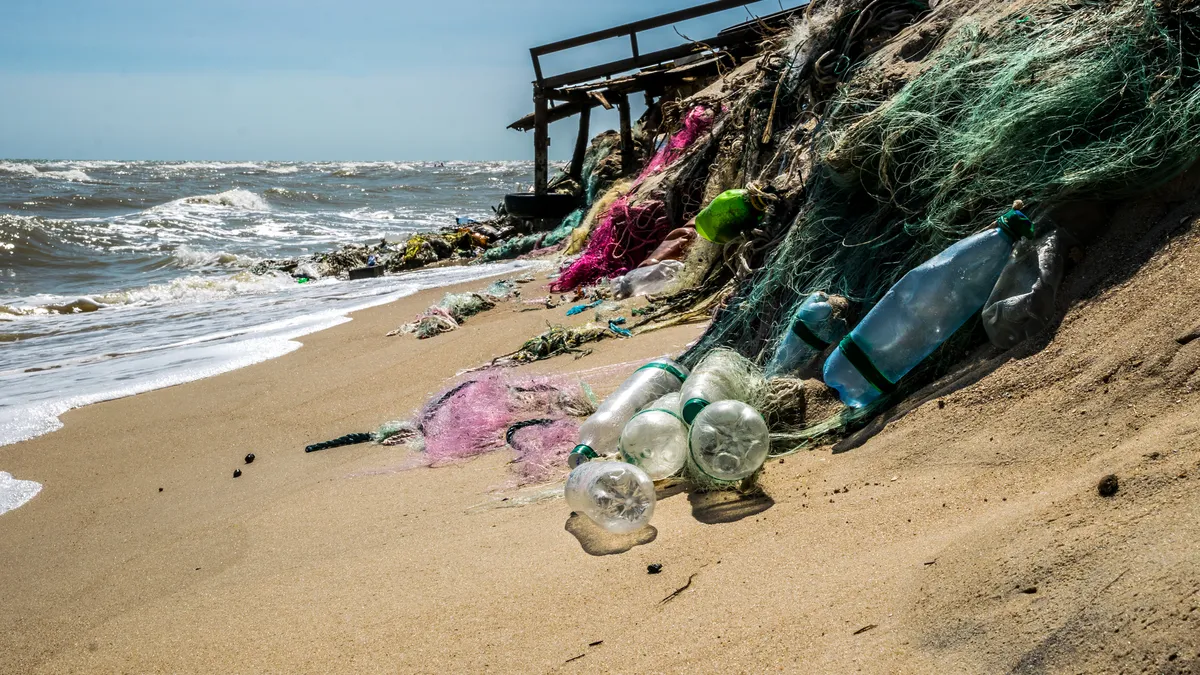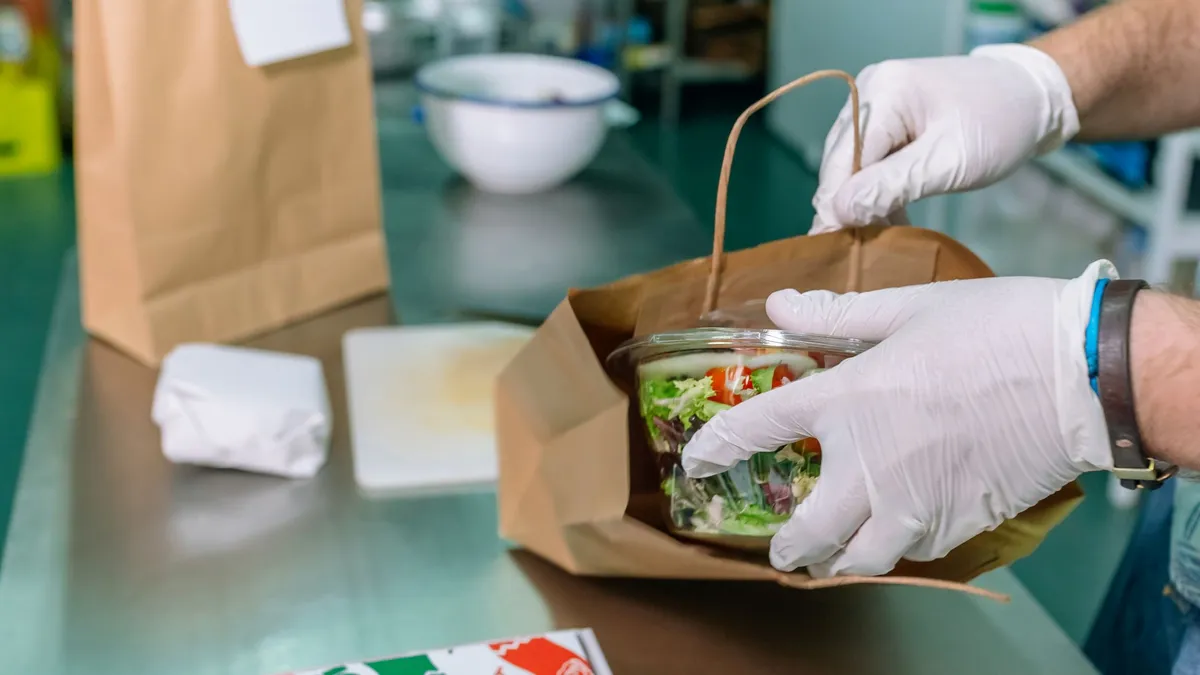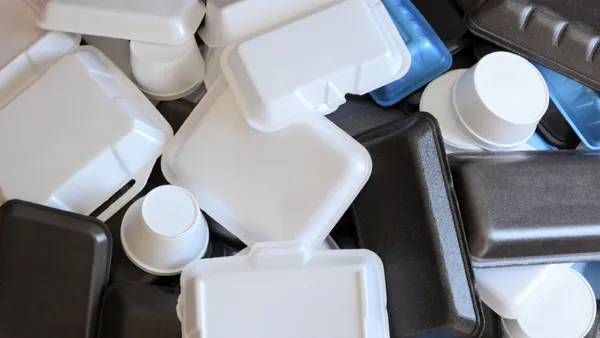More than 60 organizations focused on innovating to curb plastic pollution are joining forces ahead of the next United Nations summit to negotiate a global plastics treaty. They intend to boost engagement between policymakers and “the innovation ecosystem.”
Members include packaging and reuse companies such as Cruz Foam, Dispatch Goods, DeliverZero and Returnity, along with philanthropies, recycling AI and technology firms, academic institutions, waste worker organizations and other groups.
Plastic credit system operator rePurpose Global and nonprofit The Ocean Cleanup convened the Innovation Alliance for a Global Plastics Treaty. They’re calling for a treaty whose policymaking is informed by plastics innovators and their data, that includes existing innovations in a global regulatory framework and that eases and improves access to financing and scaling for “solution-oriented organizations.”
The alliance aims to facilitate and fund the presence of member organization representatives at the United Nations Environment Programme’s negotiating sessions for the treaty. The UN resolved in early 2022 to develop an international, legally binding instrument on plastic pollution that addresses the full life cycle of plastic, with an aim of completing negotiations by the end of 2024. The executive secretary of the intergovernmental negotiating committee has said that having financial incentives for product reuse and ensuring buy-in among companies focused on plastic packaging will be key in fostering a circular economy.
In a press release Monday, the alliance founders described the series of treaty negotiations as “humanity’s single most important opportunity to alter the trajectory of the global plastic pollution crisis for decades to come.” But rePurpose Global CEO Svanika Balasubramanian said that treaty negotiations so far have been too far removed from such innovators. Out of more than 1,000 delegates at the first such session at the end of 2022, according to Balasubramanian there were “barely a handful of delegates representing actual solutions against plastic waste.”
That feeling of underrepresentation inspired the formation of the alliance. “We realized that a plastics treaty negotiation that does not actively involve innovators will risk producing a piece of text that sounds promising on paper but doesn't empower those who are actually doing the work on the ground,” said Ocean Cleanup CEO Boyan Slat.
The second session is slated to begin in Paris at the end of this month and into the first days of June.













